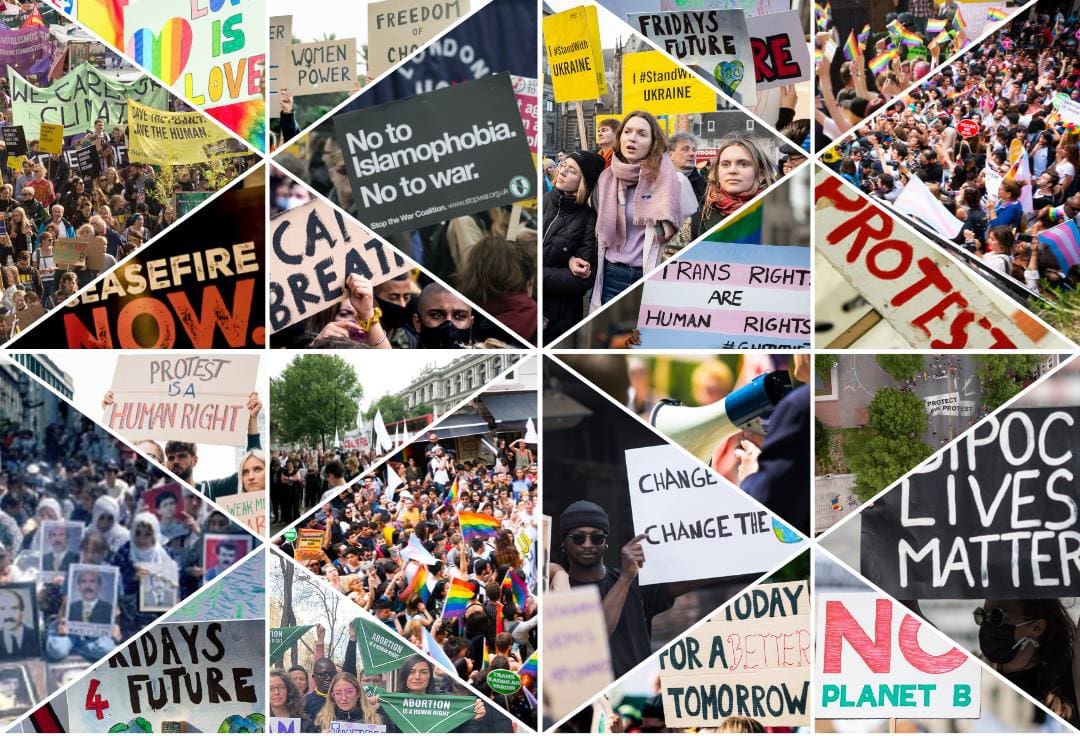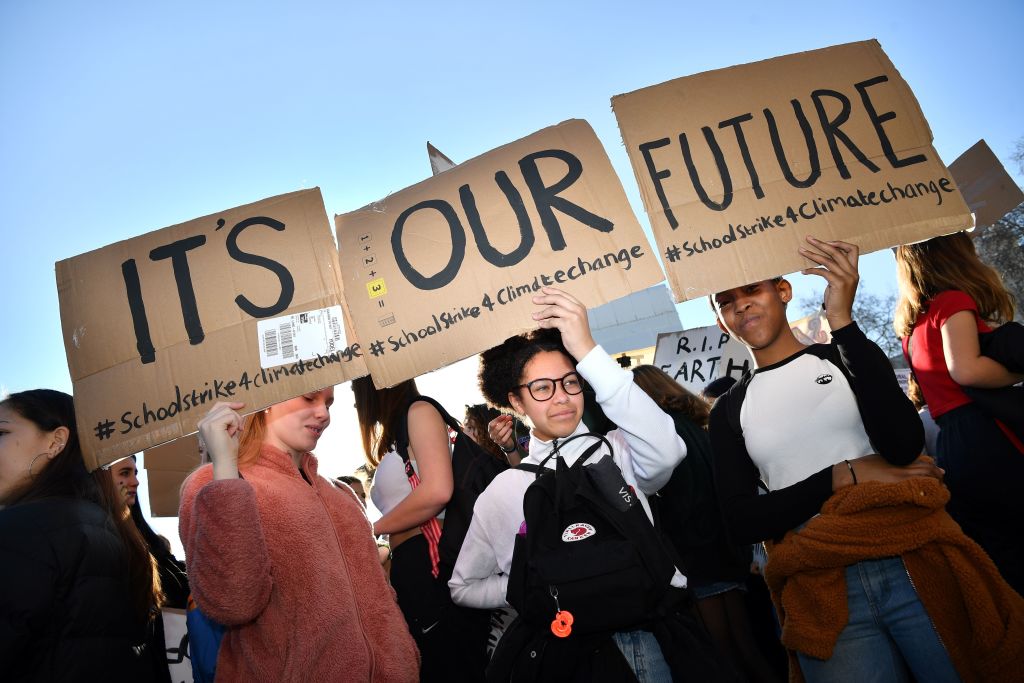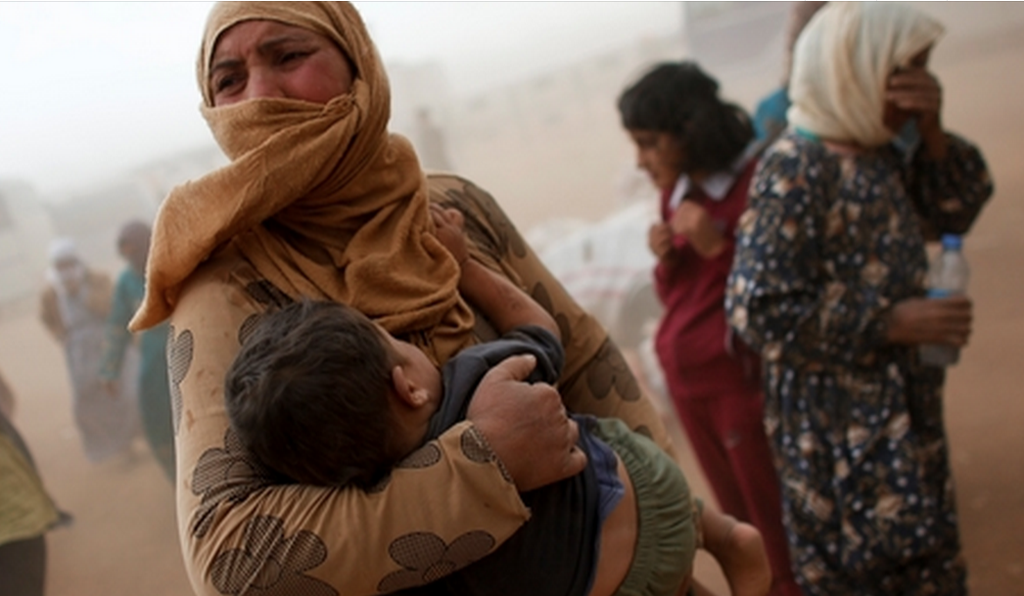The following information is based on the Amnesty International Report 2021/22. This report documented the human rights situation in 149 countries in 2021, as well as providing global and regional analysis. It presents Amnesty International’s concerns and calls for action to governments and others.
SWITZERLAND 2021
A government-commissioned investigation into the ill-treatment of asylum seekers by private security staff in federal asylum centres found some cases of excessive use of force, and made recommendations for reform. Parliament tightened control of arms exports to countries in conflict. Activists protesting with tactics involving civil disobedience faced prison sentences. Following a popular vote, same-sex couples were granted the right to equal marriage. Another two referendums, however, confirmed draconian anti-terrorism laws and a ban on full-face veils in public.Background
In September, following a 20-year campaign by civil society, parliament accepted a government proposal to create a national human rights institution (NHRI). Details of the institution’s statute and financing were still to be drafted, and the NHRI is expected to take up its work in 2023.Refugees’ and migrants’ rights
Amnesty International research exposed abuses by private security staff against people housed in federal asylum centres, and identified systemic failures in the running of the centres.1 Fourteen asylum seekers interviewed, including two children, described abuses including beatings and denial of medical treatment. The government commissioned internal and external investigations, which found disproportionate use of force in at least three out of seven cases investigated. The external investigation recommended reviewing the privatization of security services, but failed to clearly recommend protection for whistleblowers and the creation of an independent complaints mechanism.2Children’s rights
The UN Committee on the Rights of the Child found that Switzerland violated 10 different articles of the Convention on the Rights of the Child when it deported a mother and her son to Bulgaria.3Irresponsible arms transfers
In September, parliament passed a law regulating the export of arms. It prohibits transfers to States involved in internal armed conflict and to those that seriously and systematically violated human rights.Freedom of assembly
On 1 April, police cleared a protest camp near Eclépens. Of 150 environmental activists temporarily arrested, 43 were charged. The imposition of prison sentences on some protesters following acts of civil disobedience unduly restricted their rights to freedom of expression, conscience and peaceful assembly.4Discrimination
Womens’ rights
Parliament continued revising the criminal code provisions on rape. The public consultation process showed an unprecedented mobilization for a new rape law based on consent. In March, a referendum seeking to ban full-face veils was accepted by a narrow margin, despite concerns that the ban discriminated against a single religious community and violated women’s rights, freedom of expression and religion.LGBTI people’s rights
In a September referendum, a large majority of the population agreed to grant same-sex couples the right to equal marriage, including access to sperm donation for lesbian couples.5Corporate accountability
After the rejection of the Responsible Business Initiative by a majority of cantons in 2020, the parliament adopted a much weaker counter-proposal focusing mainly on non-financial reporting. The legislation, due to enter into force in January 2022, was criticized by civil society and looked unlikely to fully guarantee respect for human rights by Swiss companies.6Right to a fair trial
In June, the country voted in favour of a new counter-terrorism law providing Federal Police with far-reaching powers, mostly without prior judicial control and due process guarantees. The measures – including use of foot shackles, no-contact orders, zone bans and preventive house arrest – risked violating the right to liberty and security of the person, the right to a fair trial and the rights of children. Many of the measures could be applied to children from 12 years of age.7Right to privacy
In a welcome development for the protection of the right to privacy, in November, motions were introduced in the local parliaments of Zurich and Lausanne calling for a ban on the use of facial recognition technologies.8Relevant Links
- Switzerland: “I ask that they treat asylum seekers like human beings” – Human rights violations in Swiss federal asylum centres (EUR 43/4226/2021) 19 May
- “Switzerland: Moving Forward to Fight Violence in Federal Asylum Centres”, 18 October (French and German only)
- “Children’s Rights: Switzerland criticized by UN Committee”, 21 December (French and German only)
- “Switzerland: Prison sentences against environmental HRDs: disproportionate and not confirming with human rights law”, 8 September (French and German only)
- “Switzerland: A milestone for equality”, 26 September (French and German only)
- “Switzerland: Instructions for looking the other way”, 1 July (French and German only)
- “Switzerland: Dangerous “Yes” vote gives police sweeping powers to target people including children without charge or trial”, 13 June
- “Switzerland: No to facial recognition”, 18 November (French and German only)
- For more information visit the Amnesty.org country page





